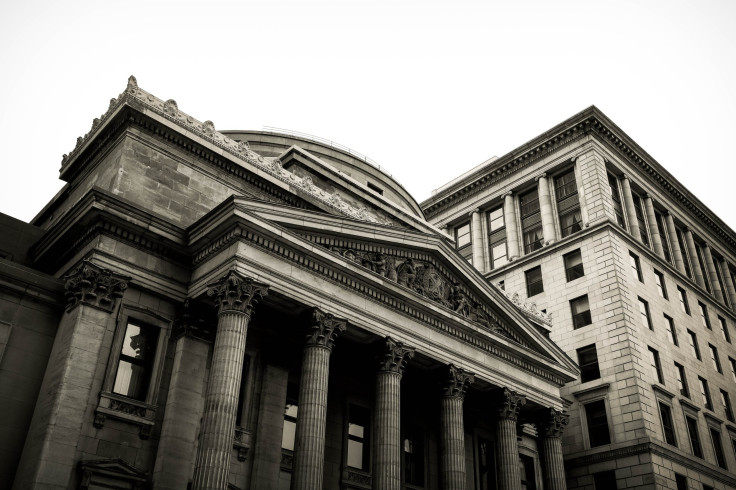
After policymakers warned last week that they were considering holding rates longer than the market anticipated, private economists now anticipate that Brazil's central bank would begin lowering rates in November rather than September, according to a bank survey released on Monday, Feb. 6.
Due to fiscal risks under the incoming President Luiz Inacio Lula da Silva, the central bank hinted in its policy decision that it would keep interest rates at a six-year high for an extended period of time.
Lula, who last week criticized the central bank's formal autonomy and suggested a review of its status, said Brazil's problem was a "culture of high rates" rather than the newfound independence of the central bank, Reuters reported.
As a result of Lula's remarks the Brazilian real weakened by 1% against the U.S. dollar in spot trading and the benchmark stock index Bovespa (.BVSP) also slid as much as 1% on Monday, Feb. 6.
At the inauguration of new BNDES head Aloizio Mercadante, Lula spoke about the current interest rate situation. According to the Brazilian president, no explanations were enough to justify the current levels of interest rates in any manner, said reports.
Lula urged business leaders to express their opposition to the current state of interest rates and labeled the monetary policy committee's justification for retaining rates at the current level of 13.75%, which has been in effect since August, "shameful."
He said, "we just need to look at Copom's letter to know how shameful this rate of hiking is."
With the benchmark rate at a six-year high, Brazilian President Luiz Inacio Lula da Silva stated on Monday, Feb. 6, that there was "no explanation" for the nation's high-interest rates. He added that the development bank BNDES may assist in lowering lending costs.
According to the central bank's weekly focus survey, which includes responses from about 100 private economists, now indicates a median forecast of a 75-basis-point (bps) cut in November and a 50-basis-point cut in December.
By the end of the year, the benchmark interest rate, which has been 13.75% since September 2022, would have decreased to 12.5%.
Despite a change in the date of the first-rate drop, the year-end rate is still in line with earlier projections. In the previous week, economists predicted that there would be a 25-basis point drop in September, followed by two additional 50-basis point cuts.
Along with worsening inflation predictions, the central bank's new messaging prompted economists to increase their interest rate forecast for the end of 2024 from 9.5% to 9.75%.
Inflation is seen at 5.78% this year and 3.93% next year, compared to official targets of 3.25% and 3%, respectively.
© 2025 Latin Times. All rights reserved. Do not reproduce without permission.




